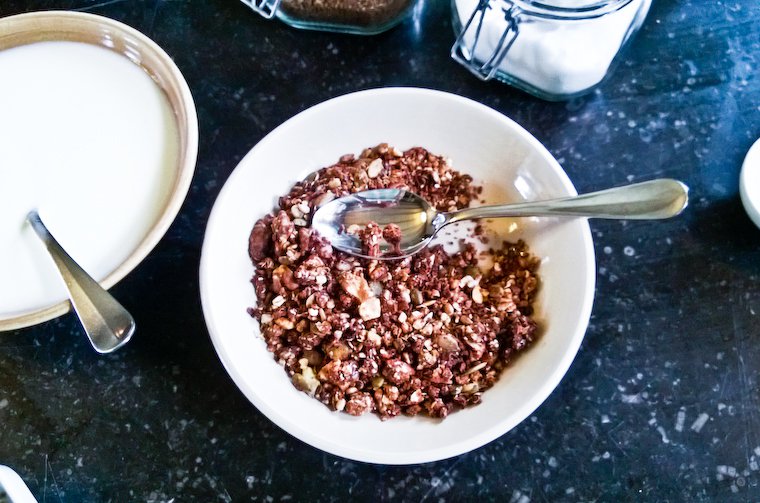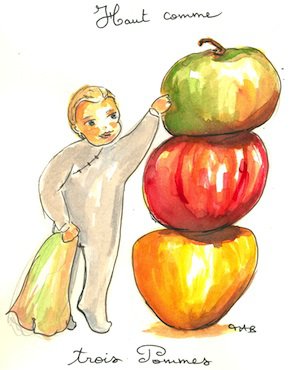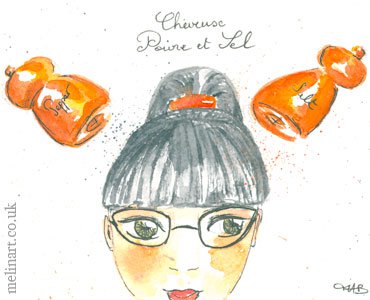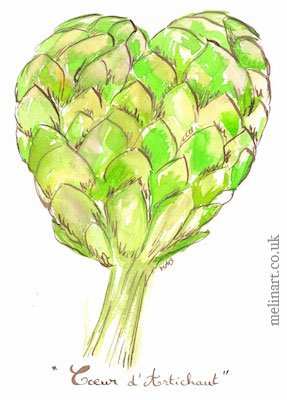I will remember 2013 as the year Chocolate & Zucchini celebrated its 10th anniversary, and as the year The French Market Cookbook was published (and so generously well received).
It is also the year I worked on a whole new version of the site — I cannot wait to unveil it! — and on a brand new book project, which I will tell you more about very soon (hint hint).
In 2013 I also got to visit not one, but two of my bestest and favoritest vacation destinations, Corsica and San Francisco, and this has felt like winning the lottery, twice.
But beyond these biggies, here are more of the everyday joys that have lit up my year:
Favorite new places to eat in Paris: Bones and Mary Celeste.
Favorite new utensils: my Earlywood spatulas, scrapers, and spreaders, my fabulous new chef’s knife, and my cinnamon grater.
Here are some of the everyday joys that have lit up my year.
Favorite new chocolates: bean-to-bar unconched chocolate by Nicolas Berger for Alain Ducasse, and Marou’s organic chocolate from Vietnam, especially the 70% from the Mekong delta.
Best breakfast: The entirely homemade breakfast served at In De Wulf the morning after (see picture above).
Favorite new cookbooks: Michelle Tam’s Nom Nom Paleo and Isa Chandra Moskowitz’s Isa Does It.
Most mileage on a single recipe: the Roasted Cauliflower à la Mary Celeste, which has become a weekly fixture at my table.







